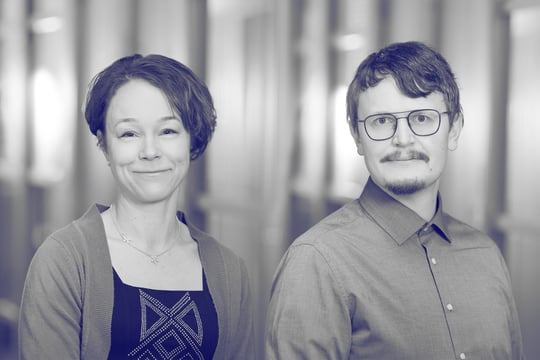Literature reviews
At Biosafe, we recognise the critical role that scientific literature reviews play in the safety assessment of regulated food and feed products.
These reviews are essential for gathering evidence on aspects like the pathogenicity of organisms or strains, allergenicity assessments, and the history of safe use. Targeted literature reviews are invaluable during product development, offering preliminary safety information and guiding the development process. Additionally, Biosafe offers Extensive Literature Searches (ELS), as required by EFSA in certain circumstances.
Our literature review services:
-
Collaboration with clients to plan and target literature reviews
-
Conducting basic and extensive literature searches (ELS) as per client needs
-
Ensuring transparency in the review process, with clearly stated review questions, key elements, and a well-documented and reported process
-
Providing a comprehensive report summarising major findings, including a full reference list and detailed search parameters and bibliographic databases used
-
Note: Copies of the original scientific articles are not included
Contact us

Anne Ukkonen
Regulatory Manager, PhD
+358 40 5813 160
anne.ukkonen@biosafe.fi
Book a free consultation appointment
Request a quote or ask for more information!
You can also make an appointment for a free consultation.
/Lopputuote/microbial-products-cell-cultivated-meat-2-biosafe-1920x1280.jpg?width=540&name=microbial-products-cell-cultivated-meat-2-biosafe-1920x1280.jpg)





